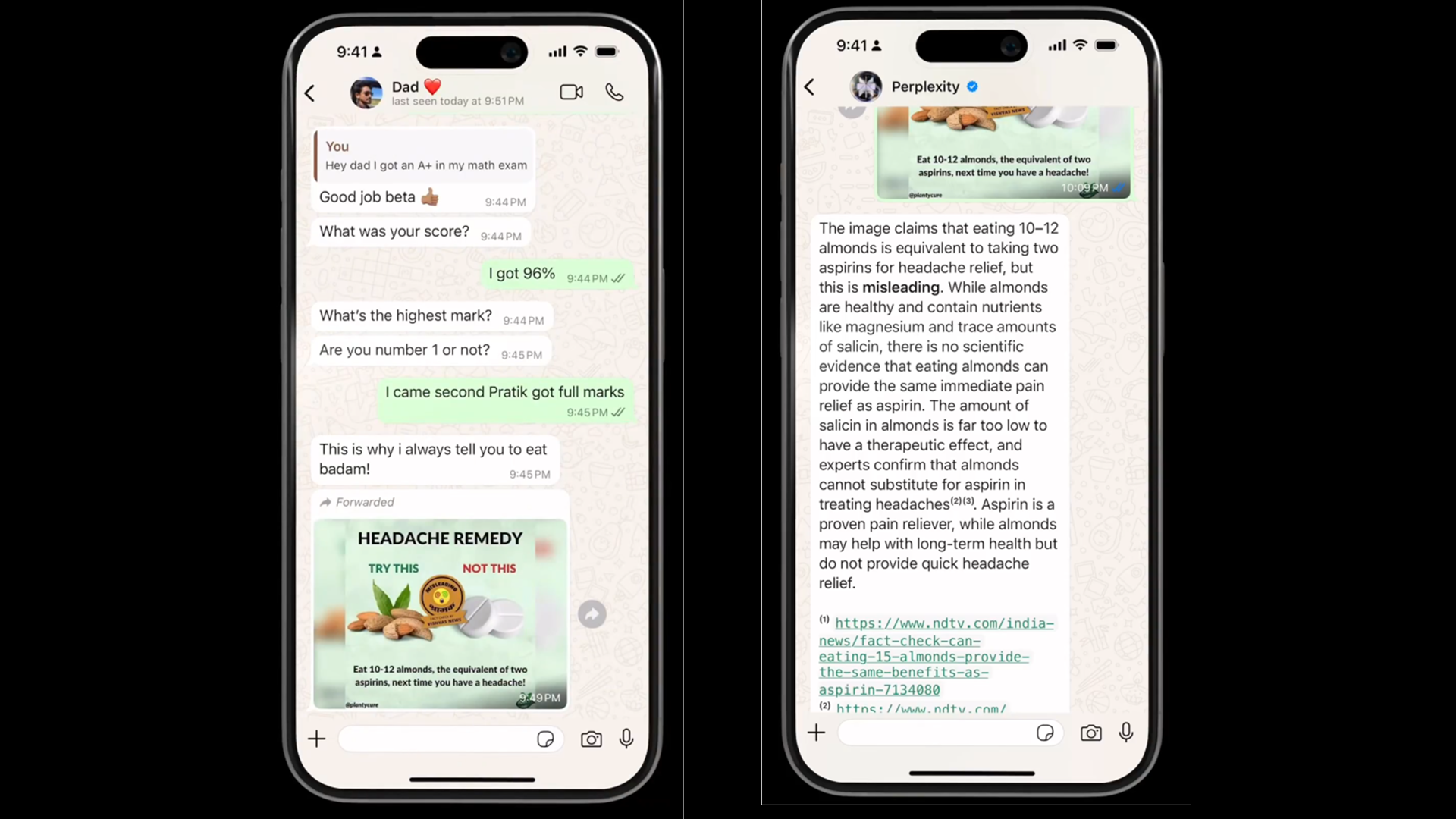Fact-Check WhatsApp Posts: An Easy Guide to Spotting Misinformation
WhatsApp, with its billions of users, has become a primary channel for news and information sharing. Unfortunately, this also makes it a breeding ground for misinformation and fake news. Learning to fact-check WhatsApp posts is crucial in today's digital landscape to avoid spreading false information and protecting yourself from scams. This guide provides simple yet effective strategies to help you determine the authenticity of messages you receive.
Why Fact-Checking WhatsApp Messages is Important
Before diving into the how-to, let's understand why fact-checking is crucial. False information spread through WhatsApp can lead to:
- Harmful consequences: From inciting violence and spreading panic to promoting fraudulent activities, the impact of misinformation can be severe.
- Erosion of trust: Constant exposure to false narratives erodes public trust in legitimate news sources and institutions.
- Personal safety risks: Scams and phishing attempts often utilize WhatsApp to target unsuspecting individuals.
By developing critical thinking skills and employing these fact-checking techniques, you can contribute to a more informed and safer online environment.
How to Fact-Check WhatsApp Messages: A Step-by-Step Guide
Here's a practical guide to verify the authenticity of WhatsApp messages:
1. Examine the Source:
- Who sent it? Is it a trusted contact or an unknown number? Be wary of messages from unverified sources.
- Reverse Image Search: If the message contains an image or video, use a reverse image search engine (like Google Images, TinEye, or Yandex Images) to check its origin and usage elsewhere. This can reveal if the image is manipulated or taken out of context.
2. Check the Content:
- Look for red flags: Does the message contain sensational claims, emotional language, or overly simplistic explanations? These are common hallmarks of misinformation.
- Verify claims: Don't just accept information at face value. Independently verify claims by consulting reputable news sources, official websites, or fact-checking organizations. (See resources below.)
- Analyze the URL: If the message contains a link, carefully examine the URL. Does it look legitimate? Be wary of suspicious URLs or shortened links.
3. Use Reputable Fact-Checking Websites:
Several organizations specialize in debunking false information. Refer to these resources for verification:
- Snopes: A long-standing fact-checking website covering a wide range of topics.
- PolitiFact: Focuses on political claims and statements.
- FactCheck.org: Another reputable source for fact-checking political claims. (Add other relevant regional or international fact-checking organizations here)
4. Consider the Context:
- Think critically: Does the information align with your existing knowledge and understanding of the topic?
- Consider the timing: Is the information relevant to current events? Sometimes, old news is recirculated to create a false sense of urgency.
5. Report False Information:
WhatsApp provides tools to report messages containing misinformation. Use these features to help combat the spread of fake news within the platform.
Conclusion: Become a Responsible WhatsApp User
Fact-checking WhatsApp messages is a crucial skill in today's digital world. By following these steps and developing a critical mindset, you can protect yourself from misinformation and contribute to a more informed online community. Remember, sharing is caring – but sharing verified information is even better! Let's all work together to combat the spread of fake news and promote responsible information sharing.
Keywords: fact-check WhatsApp, WhatsApp misinformation, fake news WhatsApp, verify WhatsApp messages, spot fake news, how to fact-check, online safety, misinformation, disinformation, digital literacy, critical thinking, Snopes, PolitiFact, FactCheck.org
(Note: Remember to replace the bracketed information with relevant regional or international fact-checking organizations.)

